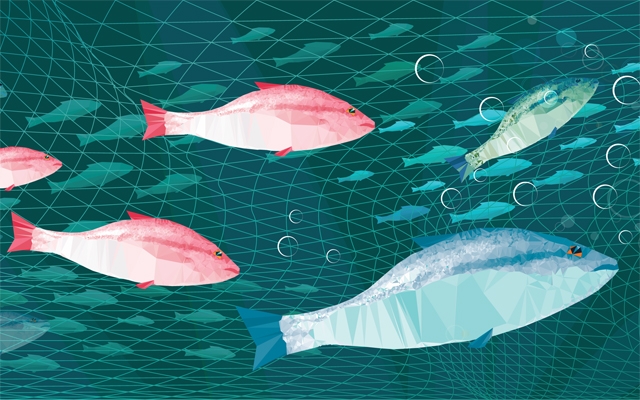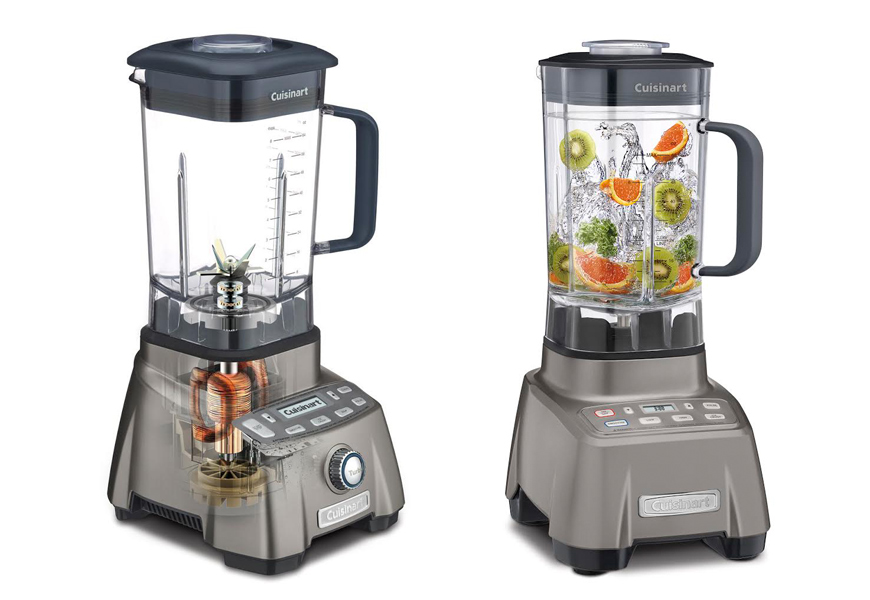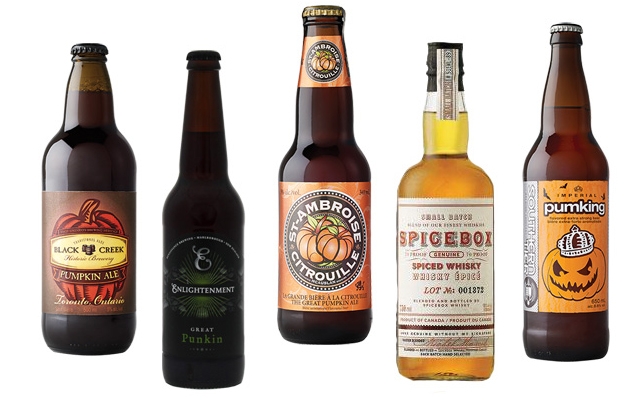Our planet’s oceans are integral to our way of life. Aside from the oxygen that they provide us with, they are also the source of bountiful amounts of seafood.
Take a moment, however, and it’s easy to see just how much we take our oceans for granted. This ignorance is evident in our increasingly polluted waters, which are also being plundered from overfishing. Both of these issues have serious consequences. The removal and potential extinction of sea life plays a very real role in our life on land. We are incredibly dependent on the health of our waters, even though most people don’t understand to which the degree.
Why Is Sustainable Seafood So Important?
It’s a fact that if we continue overfishing and continue using unsustainable fishing practices we will damage our ocean ecosystems beyond the point of return, which is why the introduction of a sustainable global seafood market makes sense. The WWF has a long history of working with fisheries to tackle the many problems of overfishing and have shown that when fisheries take a different, more sustainable approach to fishing they can still meets the needs of our global seafood market and allow our oceans to remain abundant for generations to come. By changing their practices to meet standards of sustainability they can still ensure communities and businesses that rely on fishing for economic survival thrive.
Introducing The MSC
The Marine Stewardship Council (MSC) is a relatively unknown international non-profit organization that is making a name for itself by addressing the problem of unsustainable fishing with its certification and ecolabelling program. They’ve developed the world’s most recognized standard for sustainable wild-caught seafood, and support wild-fisheries around the globe that work to minimize their environmental impact. When well-managed fisheries meet healthy standards by ensuring the long-term sustainability of fish stocks and help keep ecosystems healthy, they can use the MSC’s little blue ecolabel on their products.
Annually over 10 million tonnes of fish and seafood comes from fisheries engaged in the MSC program. Impressive, but… that’s still only 10% of all wild-caught seafood.

The MSC Ecolabel
Just because we can’t rent a tugboat and lead the charge against illegal fishing boats, doesn’t mean that we can’t support a sustainable movement. Educated purchases, like purchasing seafood with the blue MSC ecolabel, will help to transform the seafood industry and encourage a more sustainable seafood environment.
Another ecolabel? Yes, while too many eco-labels can overwhelm consumers, it’s important to remember that we’ve seen positive change from eco-labeling.
It is about criteria and credibility of certification procedures. It also helps that the MSC ecolabel is endorsed by the World Wildlife Fund (WWF) and Canada’s largest food retailer, Loblaw. By making more than 93% of their seafood MSC certified, the supermarket chain is using its massive influence to support the sustainability of our ecosystem.
By making eco-friendly seafood purchases when you are grocery shopping, we will have maintained, and hopefully bettered, the state of our oceans. After all… If we want future generations to experience the world’s oceans, then we have to help make it a reality for them.












